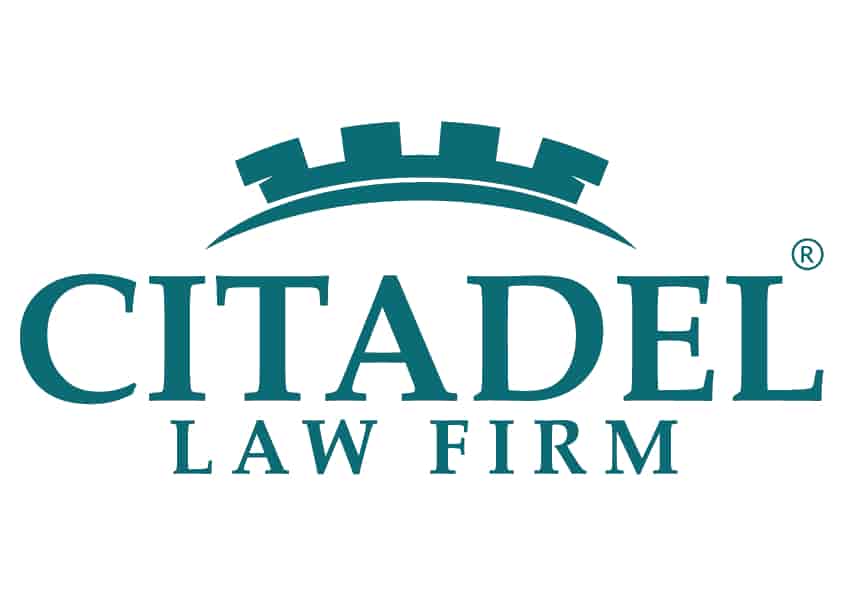Estate Planning for Blended Family
Home -> Practice Areas -> Estate Planning for Blended Family
With the national divorce rate hovering somewhere around 50 percent, we often do Estate Planning for blended family or families. Estate Planning for blended family is slightly different than other Estate Planning techniques, and it is important to have an attorney that is versed in the many tools that are available. At the end of the day, blended family Estate Planning should reflect what you want it to be. We want our client to leave our office happy and with peace of mind that their wishes will be honored. Every person is different. Every married couple is different. Everyone has their own unique circumstances and having an attorney that will draft Estate Planning documents to protect you and your wishes is of the utmost importance.

For blended family Estate Planning, our goals are usually the same as any other Estate Planning. We want to ensure that we avoid probate court when you pass away; we want to ensure that your assets go where you want them to go; we want to minimize any taxes; and we want to provide you with protection from incapacity during life.
Starting with the last section first, we can provide you with incapacity protection by using powers of attorney and other documents. These documents list backup decision makers for you should you not be able to make your own decisions. These backups will have full access to your finances to pay your bills and will be making any medical decisions for you. This must be someone you trust. For a blended family with adult children from previous relationships, it is important to list your backup and have these documents ready to go. If you do not, it is not a guarantee that your spouse will be allowed to make medical or financial decisions for you. If a hospital disallows a medical procedure because they don’t want any liability from allowing a procedure without the legal documents, then the only way to proceed is to go to court and you could be looking at a costly delay, both against your health and your wallet via attorney fees. The good news is that there is an easy fix to this, and that is to ensure that you have proper and current powers of attorney, including a General Durable Power of Attorney or Financial Power of Attorney, a Medical Power of Attorney, and a Mental Healthcare Power of Attorney.
Tax minimization is subjective to each person, but we generally look at two types of taxes: The estate and gift tax, and the income tax. There are tools and strategies that we can use to minimize both, and because it is so personal to each individual. We recommend you come to our office to discuss this with one of our attorneys.
Ensuring that your assets go where you want them to go is a bit more difficult for blended families. Under Arizona law, if you have no Estate Plan and if you have children from a previous relationship and a current spouse, the group of your children would inherit a portion, and your spouse would inherit a portion. This may be how you want it, but they will also be in probate court and assets may be tied up for up to two years. Attorney fees in probate court can also be excessive. This is just the default in Arizona, and we do have the option of opting out of that default. With proper Estate Planning, you can create a trust or will and dispose of your property how you want to. This might mean that you leave everything to your spouse, or it might mean that you leave certain family heirlooms for your children from the previous relationship. The point of the exercise is to ensure that Arizona law does not apply, and to make sure that your assets and items of importance go to the people that you want to have them.
With this, we have all heard the stories of a spouse passing away, and a stepparent remarrying and disinheriting the deceased spouse’s children. If that is a worry of yours, there are techniques we can use to ensure that this does not happen. We might use what we call an AB trust, or we might try a clayton election or a QTIP trust. Depending on circumstances, we may also recommend that you simply do two separate trusts, rather than a joint trust. All of these are viable strategies, and what we recommend depends on your unique circumstances. The main thing to remember is that blended family planning needs to be what you want it to be.
Finally, whether for blended families, individuals, folks that have just been married, etc., any Estate Plan needs to be written and executed in such a manner as to avoid probate court. If we end up in probate court, our heirs could have to wait anywhere from 6 months to 2 years to receive their inheritance, and it will likely cost between $5,000.00 and $10,000.00 in attorney’s fees. This can certainly be avoided using proper planning, no matter what your circumstances are.
In conclusion, Estate Planning for blended families is an important undertaking. Because of the way the law is written, when you pass away, your assets may not end up where you think or want them to end up. We get calls every week in which someone is arguing about their inheritance because stepmother or father didn’t give the children from a previous marriage their share, or stepmom is being disallowed a copy of a will while adult children are running the show. At the end of the day, if you have specific wishes, they are likely not covered by existing law, and you will need to execute an Estate Plan to ensure that your specific wishes are honored.

